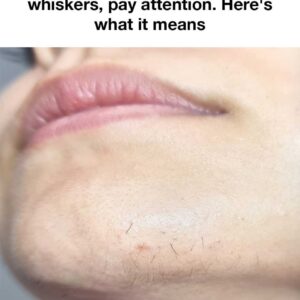Donald Trump’s January executive order banning recognition of non-binary and transgender identities on U.S. passports stirred controversy. The order reinforced a binary gender view and affected prison policies—*“transgender women would no longer be housed in female prisons.”*
Previously, the Biden administration had allowed an ‘X’ gender marker on passports starting October 2021. Trump’s order froze this, forcing individuals to list their biological sex rather than their gender identity. The move faced strong backlash—*“particularly from transgender and non-binary individuals.”*
The American Civil Liberties Union (ACLU) responded by suing the Trump administration, claiming the policy was discriminatory and harmful. They argued it violated constitutional rights and unfairly targeted already marginalized groups.
Federal Judge Julia Kobick blocked the order, calling it *“irrational prejudice”* and stating it didn’t meet legal standards. She ruled it violated equal protection guarantees under the Constitution.Though Trump’s team claimed the policy was lawful, the judge’s decision has temporarily stopped its enforcement. For now, transgender and non-binary Americans retain the ability to use their preferred gender identity on passports.





